Home/Wellness Zone/Sakra Blogs

28th Apr, 2022

Beriberi is also known as thiamine deficiency, caused by a deficiency of vitamin B1. Your body requires thiamin to break down and digest the foods you eat, to maintain a healthy metabolism, and help your muscles and nervous system to perform their work effectively. A severe thiamine deficiency may prevent the body from performing these functions properly and can affect your central nervous system and cardiovascular system.
Beriberi is more common in developing countries among people who eat mostly white rice or highly refined carbohydrates.
There are two types of beriberi disease:
Wet Beriberi: It mainly affects the cardiovascular system, results in poor circulation and fluid buildup in the tissues.
Dry Beriberi: It primarily affects the nervous system, causing degeneration of the nerves. Degeneration typically starts in the arms and legs and may lead to muscle atrophy and loss of reflexes.
Who’s most at risk for beriberi?
You won't have to worry about being diagnosed with beriberi if you eat a varied and healthy diet. People who consume a lot of alcohol or struggle with alcohol addiction are more likely to be thiamin deficient. Excess alcohol can make it difficult for the body to absorb thiamin.
Other people at more risk for developing beriberi include:
Breastfed babies whose mothers are thiamine deficient
Those who take a high-carbohydrate diet, especially refined carbs
People who do physical activity or exercise on a regular basis
Anyone with hyperthyroidism condition, which might prevent thiamin absorption
People have digestive system issues that can interfere with nutrient absorption, particularly as they age
Anyone with high levels of stress
If you're on dialysis or taking diuretics, your risk of beriberi may increase. Doctors typically take steps to observe thiamine levels during these treatments.
What are the symptoms of beriberi?
The symptoms of beriberi may differ depending on its type.
Symptoms of wet beriberi may include:
Increased heart rate
Shortness of breath
Waking during the night due to shortness of breath
Swelling in the legs and feet
Severe lack of energy or constant fatigue
Symptoms of dry beriberi may include:
Vomiting
Difficulty walking
Confusion
General pain and body aches
Numbness in the hands or feet
Paralysis in the lower legs
In rare, extreme cases of deficiency, beriberi may cause a condition known as Wernicke-Korsakoff syndrome. This syndrome is a type of brain damage that is caused by severe thiamine deficiency.
A person with Wernicke-Korsakoff may experience other symptoms, including:
Memory loss or inability to form new memories
General confusion
Rapid eye movement
Involuntary eye movement
Blurred or double vision
Loss of muscle coordination
Hallucinations
What causes beriberi?
The beriberi is caused due to deficiency of thiamine in the diet. The disease is very rare in areas with access to vitamin-enriched foods like certain breakfast cereals and bread.
According to the National Institutes of Health, beriberi is most common in areas where the diet comprises unenriched, processed white rice, which has only a tenth of the thiamine found in brown rice.
How is beriberi diagnosed?
Your doctor may suggest some medical tests such as blood and urine tests to determine whether you have beriberi. These tests are done to measure the levels of thiamine in a person’s bloodstream to diagnose beriberi.
Doctors will also conduct a neurological exam to check for lack of coordination, droopy eyelids, difficulty walking and weak reflexes. People with later stages of beriberi will show some symptoms like memory loss, confusion, or delusions.
The doctor will also examine a person’s heart rate and breathing rate and check for swelling in the lower limbs or legs, which can indicate heart problems.
How is beriberi treated?
Beriberi can be easily treated with thiamine supplements. Your physician may prescribe a thiamine pill or shot for beriberi treatment and prevention. For severe cases, a healthcare expert will administer intravenous thiamine.
Your progress will be monitored with follow-up blood tests to check how well your body is absorbing the vitamin.

HF is the inability of
7 Aug 2024

Heart failure is a serious
6 May 2024

Cardiac arrest is a sudden
6 May 2024
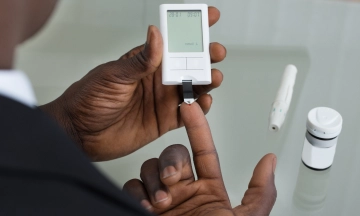
In the realm of chronic
6 May 2024

A heart attack, also known
6 May 2024
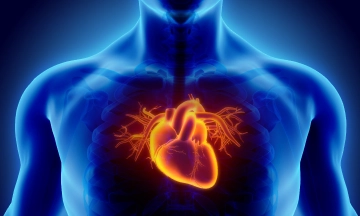
The human heart is a
15 Mar 2024
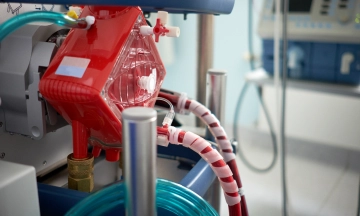
In the realm of advanced
12 Mar 2024

A diagnosis of heart failure
12 Mar 2024
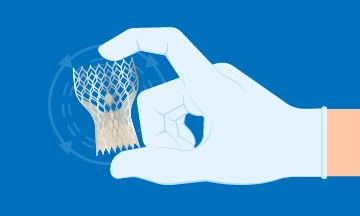
The aorta, the largest artery
25 Aug 2023

A healthy heart is essential
23 Aug 2023

Understanding Heart Failure Heart failure is
14 Aug 2023

Beriberi is also known as
28 Apr 2022
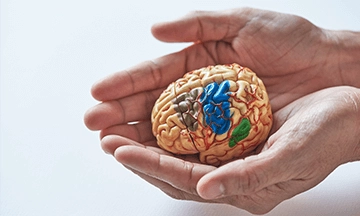
Atrial Fibrillation is a condition
9 Jun 2021

Making resolutions every New Year
17 Jun 2020

Smoking: Should I Use Nicotine
13 Jan 2020

Traveling And Driving After A
10 Jan 2020

Metabolic Syndrome A metabolic syndrome is
10 Jan 2020
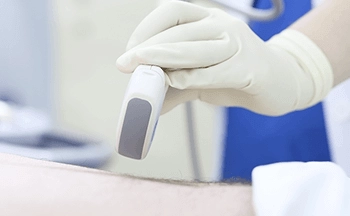
Coronary angioplasty has evolved over
9 Jan 2019

Aortic valve surgery is one
27 Nov 2018

What is Coronary Angiography? Coronary angiography
10 Dec 2016

What is a Heart Attack? Our
10 Dec 2016
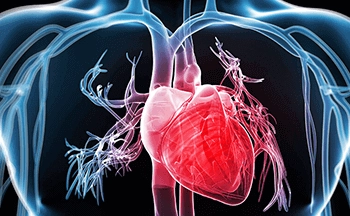
What is Unstable Angina? Unstable angina
10 Dec 2016

What is Angina? Angina is the
10 Dec 2016

Dr. Jagdish from
9 Jul 2016

Trans fat raises
9 Oct 2015

The first hour
6 Oct 2015

Protecting your heart
25 Sep 2015
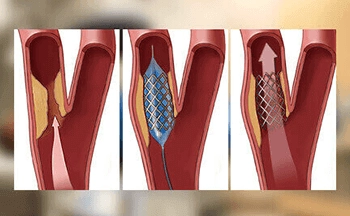
Are
24 Feb 2015
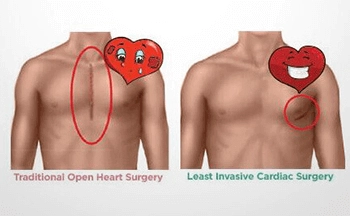
Gone are the
14 Jan 2015
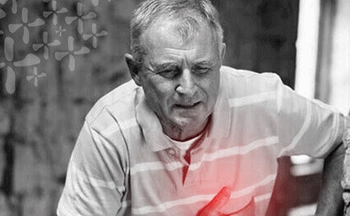
We’ve
15 Sep 2014

The Center of
8 Jul 2014

Metabolic Syndrome A metabolic syndrome is
1 Jun 2016
Enquire Now

